On November 20, the National High-end Think Tank of the Chinese Academy of Social Sciences and the Faculty of Social Sciences of the University of Buenos Aires jointly held a lecture on the theme of "Chinese modernization". Zhang Guanzi, secretary-general of the National Council of High-end Think Tank of the Chinese Academy of Social Sciences; Chai Yu, director of the Institute of Latin American Studies; Du Zhixiong, party secretary of the Institute of Rural Development; and Li Xuesong, director of the Institute of Economic Research, respectively elaborated on the "Chinese modernization" from the perspectives of China-Latin America economic and trade cooperation, the contribution of Chinese modernization to global economic growth, understanding Chinese modernization and China's path of poverty reduction.
More than 60 guests including scholars and media representatives from the two countries attended the event. The atmosphere was warm and the audience participated in the interaction and actively asked questions.
During the speech, Zhang said that to understand China, the key is to understand Chinese modernization. After decades of exploration and efforts, socialist China, under the leadership of the Communist Party of China, has successfully blazed a new path of Chinese modernization and made brilliant achievements in the cause of Chinese modernization, writing the "two miracles" of rapid economic development and long-term social stability.
Chai said global obstacles should not become an obstacle to the mutual development of China and Latin American countries, as China and Argentina share a common vision of the world. In the future, China-Latin America economic and trade cooperation will not only be limited to the traditional areas of trade, investment and finance, but also expand to more frontier areas such as digital economy, artificial intelligence, economy and cross-border e-commerce.
Du shared China's successful experience in eradicating absolute poverty. He pointed out that China's actions to eliminate absolute poverty have made outstanding progress in realizing the phased goal of China's modernization. China has provided "Chinese wisdom" for the elimination of poverty, which is a global problem, through its great innovation of precise poverty alleviation and poverty eradication.
Li introduced that Chinese modernization has the common characteristics of modernization of other countries, but also has Chinese characteristics based on its own national conditions. We need to upgrade the demand structure, supply structure and efficiency structure to better integrate short-term policies with long-term strategies, promote Chinese modernization with high-quality development, and provide sustained driving force for world economic growth with Chinese modernization.
Ana Josefina Arias, dean of the Faculty of Social Sciences at the University of Buenos Aires, spoke highly of the significant impact of Chinese modernization on Latin America. She believed that China's development has brought new opportunities for the economic growth of Latin America, and the relevant experience and practices of Chinese modernization have strong reference value for Argentina's economic and social development. She hoped that Argentina can find its own path through Chinese modernization, and looked forward to seeing more joint research and academic cooperation between China and Latin America.
Professors and students from the Faculty of Social Sciences of the University of Buenos Aires participated in the conference and had in-depth exchanges and interactions with Chinese experts. They believed that this lecture will focus on development issues, as well as the experience of Chinese modernization and its significance in the world. The event will help Argentina deepen its understanding of China and promote academic exchanges and cooperation between Argentina and China.








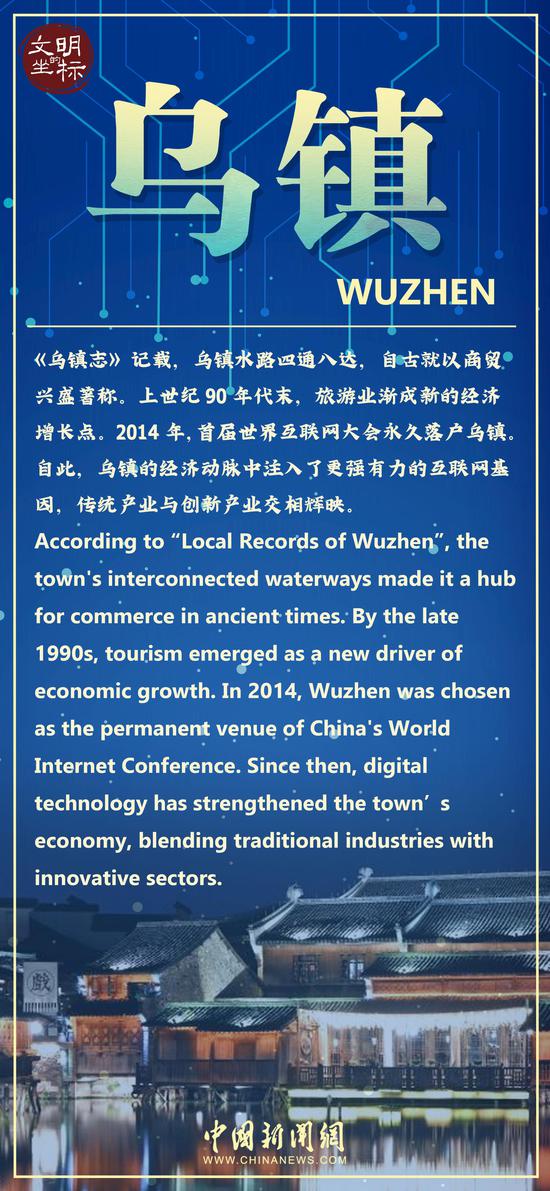

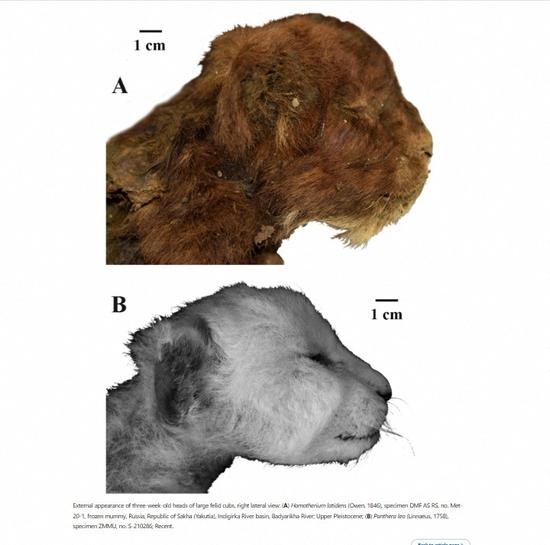

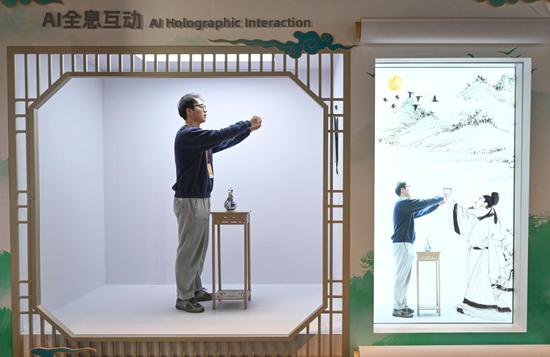



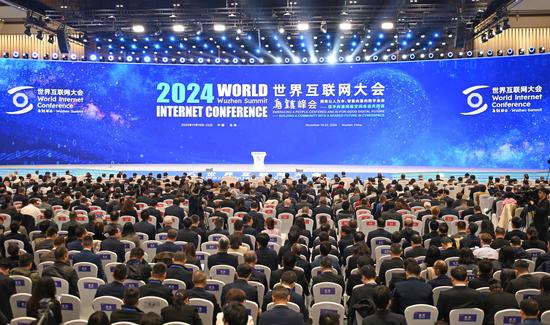


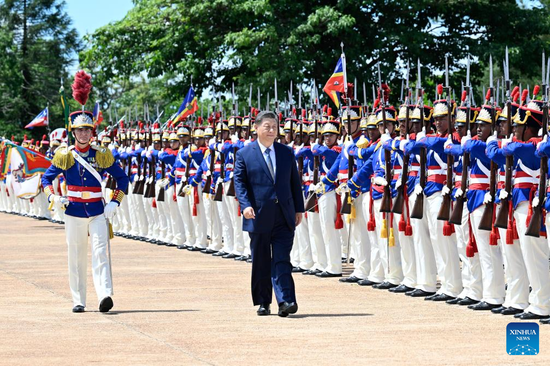

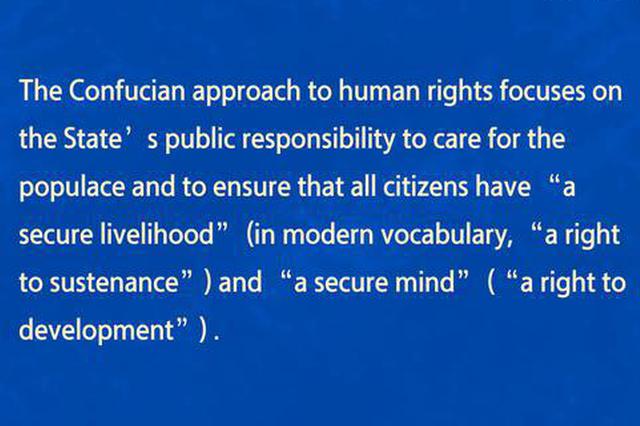
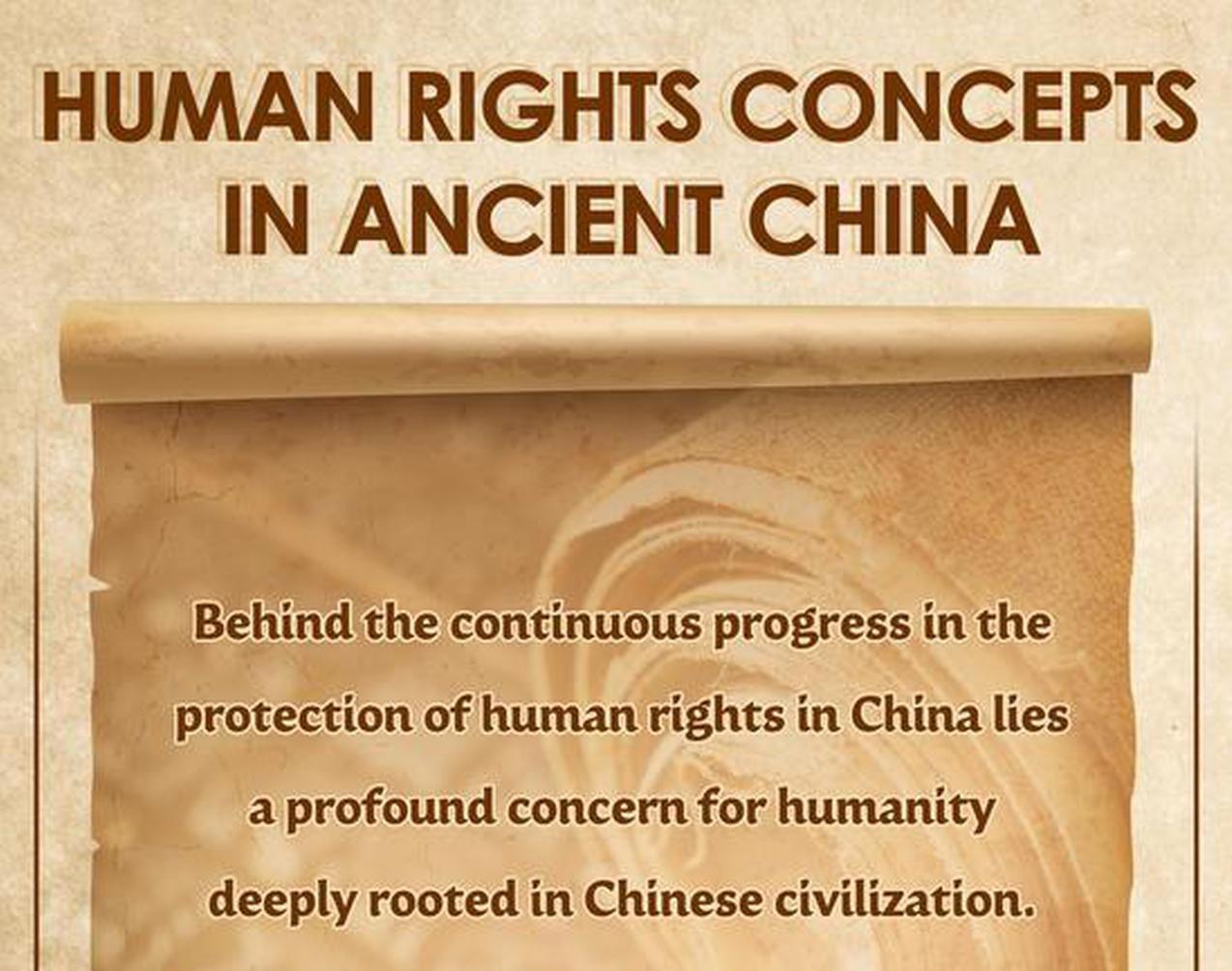



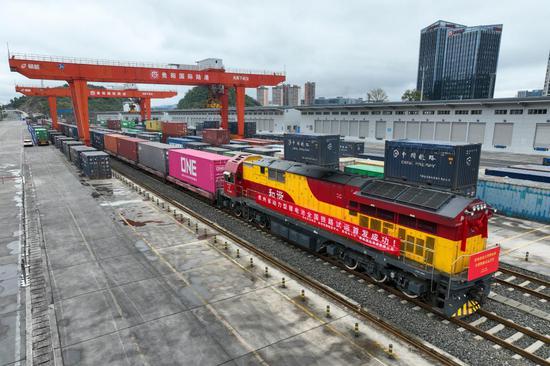
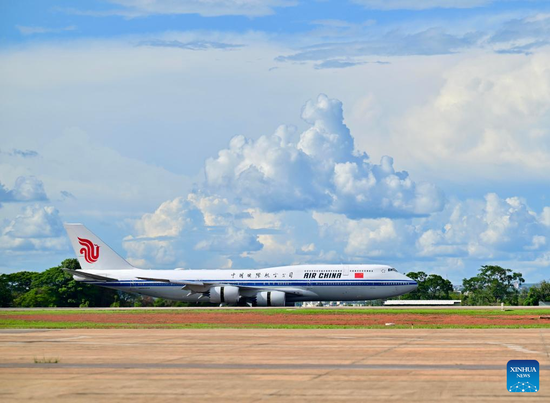

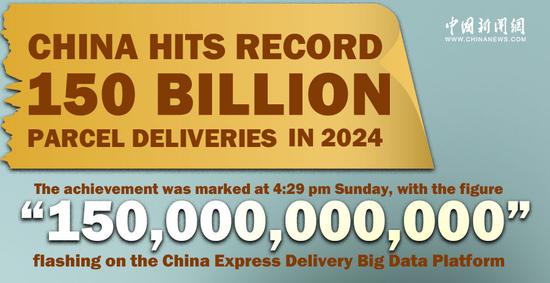

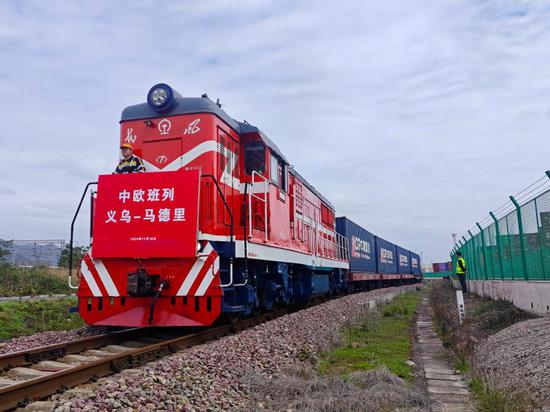
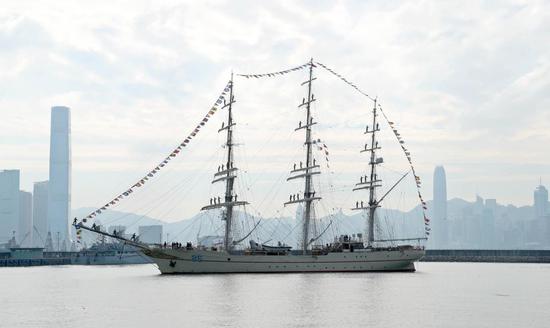

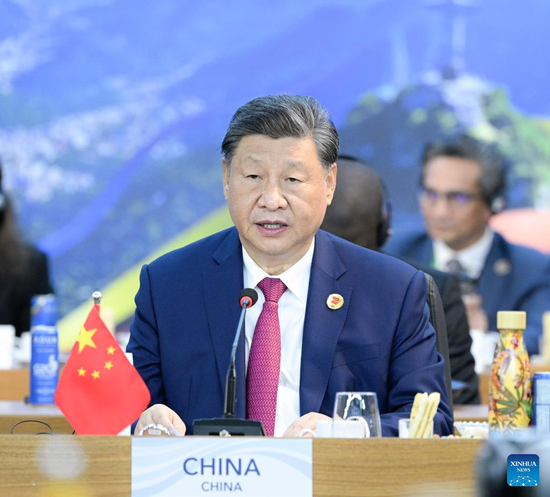



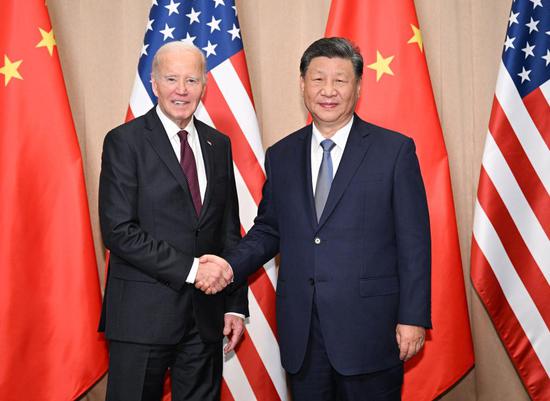
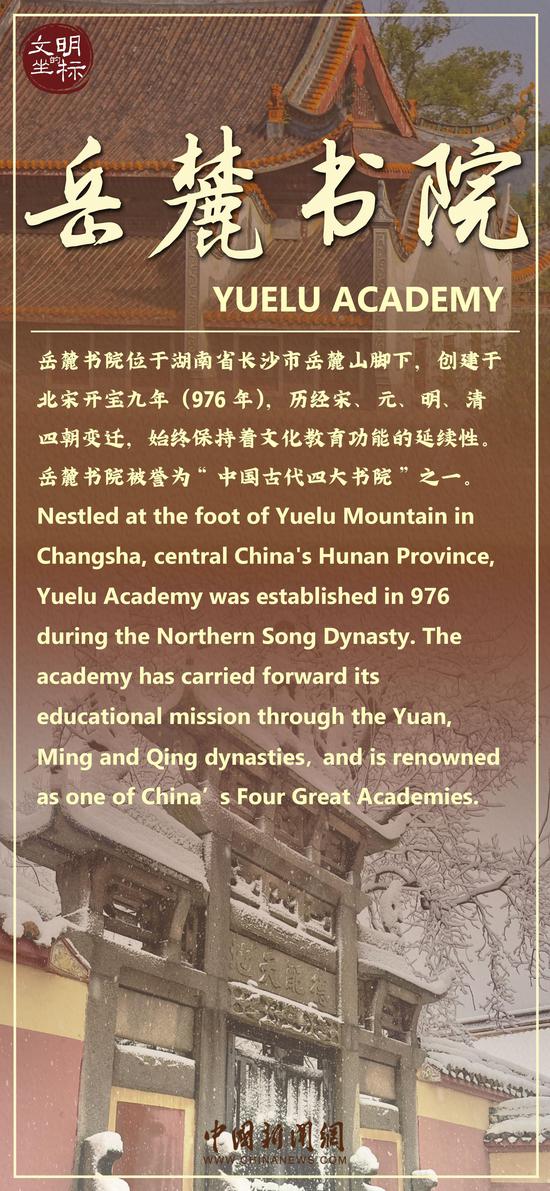


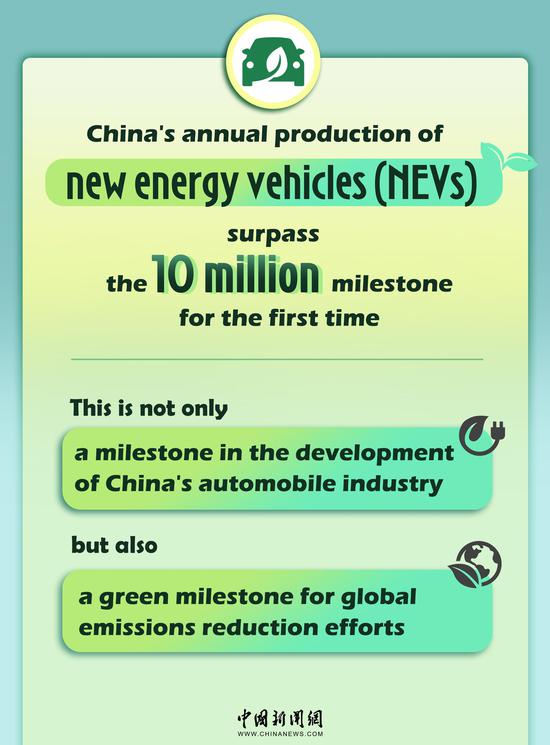

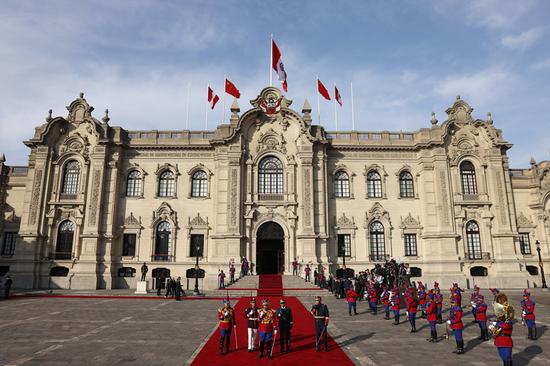

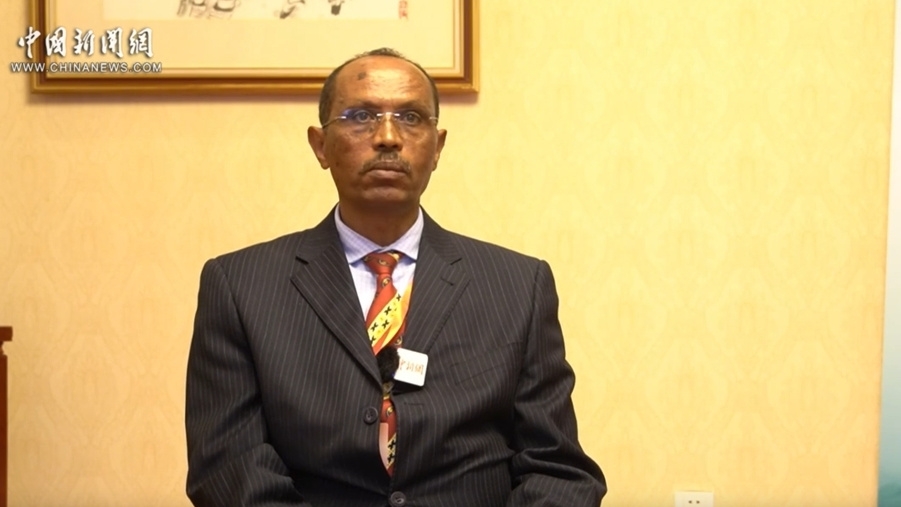

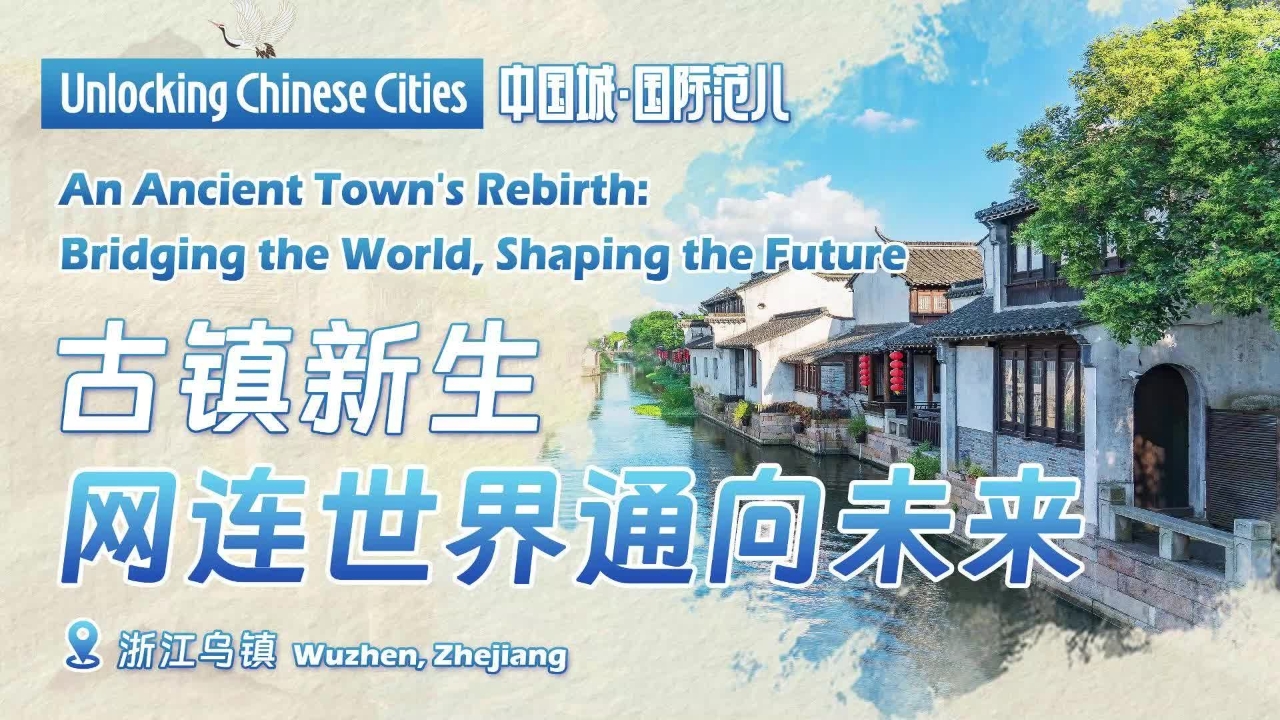

 京公网安备 11010202009201号
京公网安备 11010202009201号